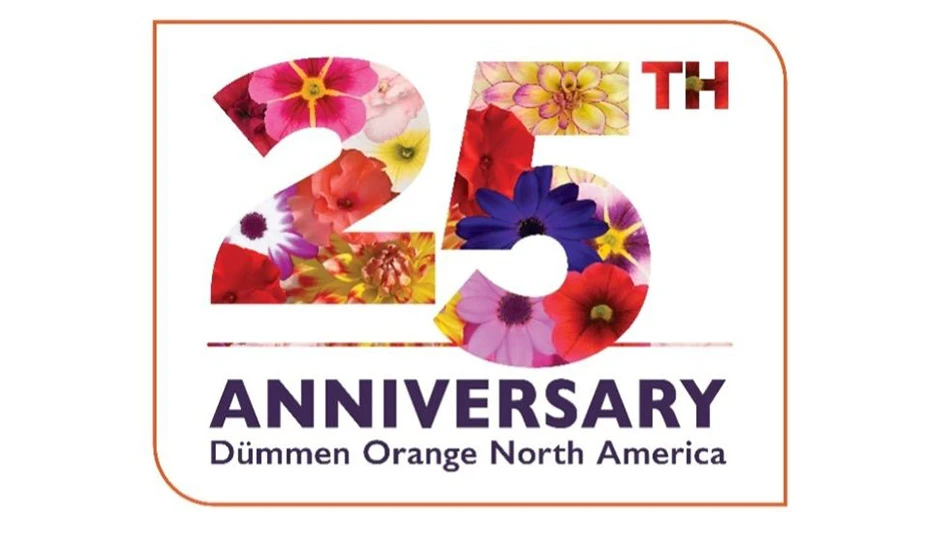At an independent garden center or big-box store, what customers see is usually what they get. But when customers who order from landscapers see a plant they like in a neighbor’s yard, they might make a spontaneous decision about an upcoming order that could complicate plant sales at the wholesale level.
Here’s another difference between plant sales for these two groups: Retailers need plants with blooming flowers and interesting foliage to stand out on store shelves, while landscapers are more concerned about establishing healthy roots for future displays of color.
These differences at the end-consumer stage influence decisions at wholesale growing operations. Jeff Watson is head grower at Baucom’s Nursery in Charlotte, North Carolina, which has about 30 acres of undercover production space. He sells to both retailers and landscapers, so he can speak to both experiences.

Experience with retail stores
The majority of Baucom’s Nursery’s business is with Home Depot stores, Watson says. The nursery supplies numerous crops, including annuals, trees, shrubs and orchids, to 18 stores within about a 100-mile radius; it also buys in tropical plants from Florida and reships them to the stores. In addition, Baucom’s also sells its shrubs to roughly 100 Home Depot locations operating along the U.S. East Coast, up through Maine.
Although Baucom’s name has — in some circles — become synonymous with Home Depot, the nursery has seen a significant growth in landscaper customers over the years, Watson says. “I’ve been here about 21 years, and we’ve been selling to landscapers [during that time], but I would have to say over the past 15 [years], it’s gotten to be a little bit bigger part of our business,” he says.
Growing on speculation for landscapers
Landscapers often receive orders from their clients close to when they need the plants, so to accommodate, Baucom’s grows many of the crops it sells to landscapers on speculation, Watson says. For Baucom’s, growing for the landscape market is about 70 percent predictable.
Landscape customers with commercial accounts often plant the same crops for their commercial clients each year, which in turn simplifies the ordering and planning process for the grower, Watson says. However, that isn’t always the case with landscapers with residential accounts, who may have clients who request major changes between projects. “The ones that are doing a lot of yards and private homes and things like that, [their customers] saw somebody’s this or that in their yard and [said], ‘I thought that was beautiful,’” Watson says. “So, they don’t want what they usually get — they want that.”
If Baucom’s can’t fulfill a request because it doesn’t have the inventory, the nursery can make up the difference with a comparable product offering. For instance, if a landscaper asks for a certain size order of begonias in flats, and Baucom’s has half the number of flats requested, the grower can sometimes sell the flats it does have and provide the other half in potted plants. “We do a huge number of six-inch begonias every season for landscapers,” Watson says. “That number has gotten pretty huge over the past few years. We’ve potted over 100,000 six-inch begonias for landscapers during the late spring.”

Variety selections for landscape
Begonias, particularly dark-leaf varieties, are popular with Baucom’s landscaper customers. Other reliable varieties for the market are Dallas Red and New Gold lantana; and Cora vinca, Watson says. “Vinca is making a very good comeback in the last few years since they got the Cora mix,” he says. “It’s very disease resistant.”
In late fall and early spring, landscapers purchase large orders of pansies. Baucom’s Nursery stopped throwing away pansies at the end of the season, and instead has been keeping them in the greenhouses. Landscapers will pick them up through November. “We’ve been surprised at how many they keep coming back and getting, so we just started keeping a bunch of them at the end of the year,” Watson says. “We don’t run a lot of heat on them — we just keep them from freezing and let them sit there, and they’ll just keep coming and getting them.”
Retail vs. rooting
Color sells at retail stores, but landscapers want plants that perform well in the garden. “They know what it’s going to look like when it colors up,” Watson says. “They want it to live long enough to color up after they plant it, so they’re more concerned about a good root system and a bulky plant. We’ll back off of growth regulators on a lot of their stuff.”
Baucom’s hopes to have at least a couple months’ lead time on landscape orders to plant the crop and have it ready in time. Because it doesn’t need the color to be planted, the grower doesn’t have to wait the additional time it would take to color, as it would for retail operations.
The nursery grows what it thinks landscapers will ask for and hopes that it’s mostly correct, Watson says. “You just roll the dice,” he says.Get curated news on YOUR industry.
Enter your email to receive our newsletters.
Explore the April 2018 Issue
Check out more from this issue and find your next story to read.
Latest from Greenhouse Management
- Flexible fungicides
- Super Charged Moon Juice from Moon Valley Nurseries now available nationally
- 2025 Proven Winners Horticulture Scholarship applications now open
- How to improve inventory and shipping management in the greenhouse
- Leading Women of Horticulture: Anna Ball, Ball Hort, and Terri McEnaney, Bailey Nurseries
- GM CEA HERB Part 2: A guide to increasing the sowing density of culinary herbs
- GM CEA HERB Part 1: Best practices for producing culinary herbs in controlled environments
- USDA fires experts on invasive pests, including Asian citrus psyllid, chilli thrips






